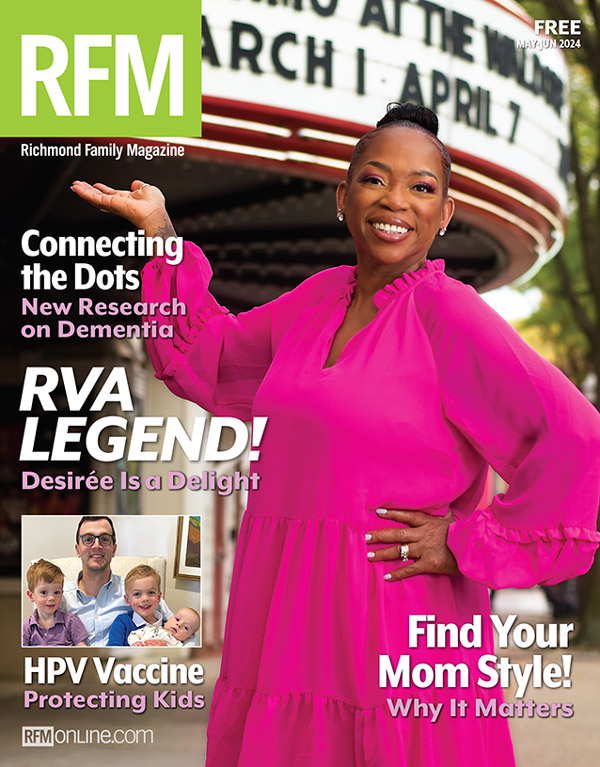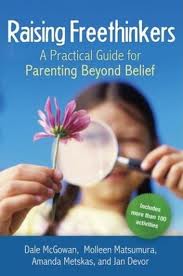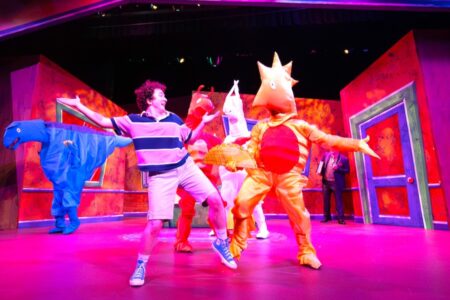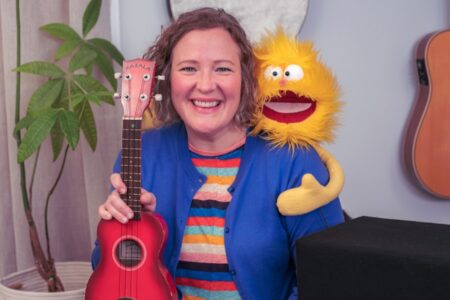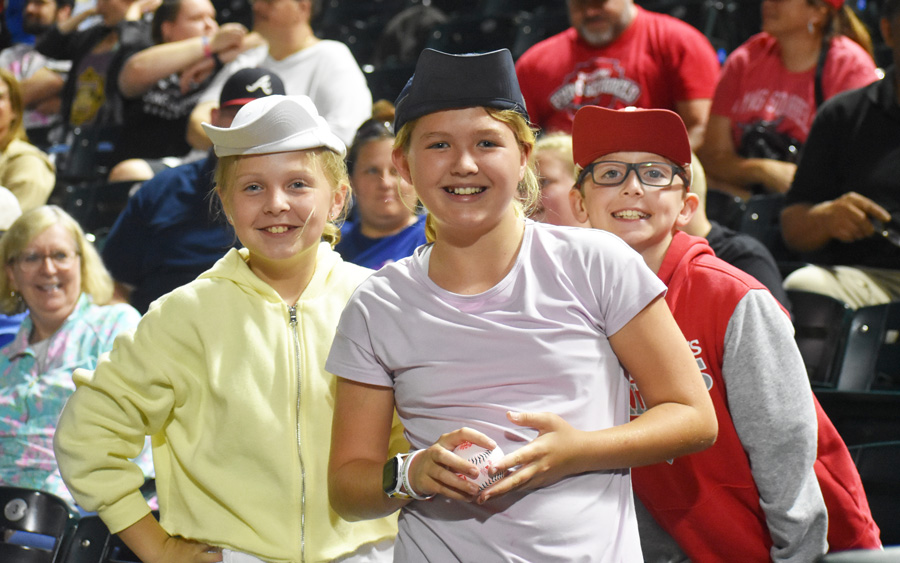Since secular individuals do not believe in Divinity or Its intervention to make sense of the world, they are “faced with the job of creating meaningful lives” for themselves, explains Molleen Matsumura, one of the authors of Raising Freethinkers: A Practical Guide for Parenting Beyond Belief. Therefore, the problem that secular parents most often face is the following: How do they prepare their kids to do the same?
“It helps to remember that anyone of parenting age – or, for that matter, grandparenting age – is still an unfinished story, whose meaning changes with new experiences. And that’s the key,” Matsumura explains. “We don’t have to do the impossible and give out kids all the answers to life’s questions. Instead, we can join them in the adventure of meaningful living and help them develop the emotional and intellectual skills that make for a full life.”
Often times, when we think meaningful life, we also think happy life. Raising Freethinkers argues just as there is not one definition of a meaningful life, there is not one definition of happiness. However, Matsumura reveals four common themes: pleasure, rewarding work, love and connection, and altruism, or dedication to something larger than oneself. While happiness in all of these capacities is essential, according to Raising Freethinkers, experiencing “flow” regularly is an important ingredient to a worthwhile life. Matsumura maintains, “Flow is not as simple as ‘being happy’. It is about being present in the moment, thinking neither of past nor future, attending fully to the activity at hand. Someone who is simply happy may be relaxed, while flow involves concentration.”
Think of times when you’re completely lost in an activity. My family refers to these moments I usually have while writing on the computer as “super-focused.” While I’m aware of a slight droning in the background, I’m in capable of answering a question, if asked, without some kind of jarring word or action from one of them to bring me back to their world. Although my written musing may be to meet a deadline, Matsumura maintains that a flow experience, such as this, “is something we do because we value it.”
According to Raising Freethinkers, flow experiences are some of the most meaningful we can have; therefore, Matsumura believes, “Parents can help their children have a deeper experience of life by helping them find and engage in flow.” But finding time to experience flow is getting harder and harder for modern parents, as its greatest enemy is the schedule.
You know what she means. “Just when an activity is getting really interesting and the flow experience begins to take hold, it’s time to set the table, leave for preschool, go to gymnastics,” explains Matsumura. Therefore, whenever possible, encourage your child to use phrases such as “Can we talk about that later? I’m concentrating” in order to keep the flow going.
Now, don’t be misled. Matsumura is quick to clarify that “not all activities that offer the flow experience are meaningful and enriching.” Take television, computer games, or Internet surfing. Sure, you may ask yourself after a couple of hours, Where did the time go, but these are not activities that create a life worth living, as they are rarely inherently satisfying or enhancing other aspects of your life.
Raising Freethinkers acknowledges that the older your children get the harder it is to give them meaningful experiences when flow might take place. Matsumura explains part of this problem is out of your control, as less than enthusiastic peers are a big influence; however, by perpetuating a “growth mindset,” parents can take back control.
For example, instead of saying, “You’re so smart,” Matsumura recommends you acknowledge your child’s effort and work ethic. She explains that research shows that when children hear, “You must have tried very hard” on a regular basis they are more likely to “try a new task that they were told would be more challenging and that they might learn something while trying to solve it.”
Unfortunately, proof of the fabled unbridled exploration and enjoyment of childhood is found far and few between these days. With middle-schoolers enrolled in a variety of college-prep activities and elementary students committed to sports schedules in the hopes of garnering college scholarships, getting lost in the moment is something many children know nothing about. English teacher and author Peter Elbow wrote, “Meaning is not what you start with, but what you end up with.” People buy those “In a hundred years it won’t matter if…” posters, pillow, and picture frames for exactly that reason. Therefore, whether we believe in a Grand Plan or not, teaching our children to engage in the here and now is great parenting advice.
Follow @WinterhalterV on Twitter for updates on blog posts or like Parenting by the Book on Facebook.
Read my other blog Befriending Forty.

